Farm & Ranch
Talking Dirty to improve soil health
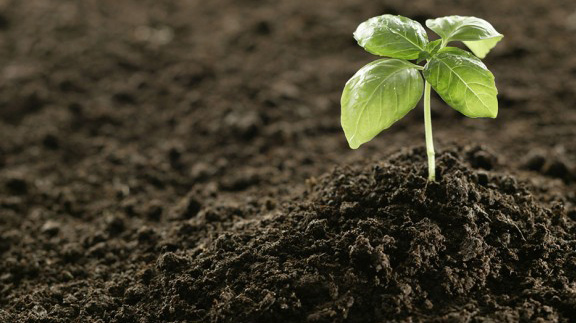
Contact: Iginia Boccolandro
Carbon Economy Series
(469) 554-9202
[email protected]
LANCASTER, WAXAHACHIE—If you consider yourself a gardener, farmer, rancher or landscape architect, think again.
“Instead, you are a soil manager,” says Dr. Elaine Ingham, who will be giving a workshop and free lecture on soil health March 20-21 at Cedar Valley College in Lancaster.
Ingham is a leading soil microbiologist, composting guru, and former chief scientist of the organic-farming icon, The Rodale Institute. Whether your soil is growing tomatoes in an urban backyard or cattle forage in a pasture, Ingham offers practical knowledge about how to make soils and plants flourish without synthetic chemicals.
The free lecture on Friday, “Talking Dirty Soil Solutions,” provides an introduction to the soil food web—the complex system of microorganisms that create and sustain healthy, fertile soil. The lecture will be held in the Cedar Valley College gym from 9am to 10am.
A full-day workshop on Saturday delves deeper into the soil food web, compost, and compost tea technology. Ingham will explain the elements of a thriving soil food web, teach participants how to analyze and improve soil, and demonstrate how to make composts and organic extracts to strengthen the soil food web. This workshop costs $99 and will be held from 9am to 5pm in Cedar Valley College rooms M121-M122.
For more information, to register, or to nominate a producer for a free workshop pass, visit carboneconomyseries.com or call (469) 554-9202. The lecture and workshop are presented by the Carbon Economy Series, in partnership with the Dixon Water Foundation.
Ingham will share more of her wisdom during a benefit dinner on Thursday, March 19, at the Farm Girls’ Waxahachie classroom. Live music by Justin Smith and a farm-to-table banquet prepared by Chef Amy, co-owner of Field to Meal, will raise funds to provide free workshop passes for agricultural producers. The festivities start at 7pm and the requested donation is $65 to $150. To reserve a spot at the banquet, visit https://www.eventbrite.com/e/farm-to-fork-dinner-benefitting-farmers-tickets-15826384141.
The Carbon Economy Series presents dynamic trendsetters in ecology, organic food, permaculture and sustainable design. Learn more at carboneconomyseries.com.
The Dixon Water Foundation promotes healthy watersheds through sustainable land management at its ranches in Parker, Cooke and Presidio counties. Learn more at dixonwater.org.
Farm & Ranch
Managing Show Cattle Through The Winter

By Heather Welper
Husband and wife duo, Heather and Calvin Welper, are the Co-Owners and Operators or Two C Livestock, located in Valley View, Texas.
The pair’s operation has a show cattle focus where they raise and sell purebred heifers of all breeds and club calf Hereford steers.
When it comes to show cattle, the Welpers know a thing or two including how to prepare for the cold winter months and the Texas major show season run.
To read more, pick up a copy of the November edition of North Texas Farm & Ranch magazine, available digitally and in print. To subscribe by mail, call 940-872-5922.
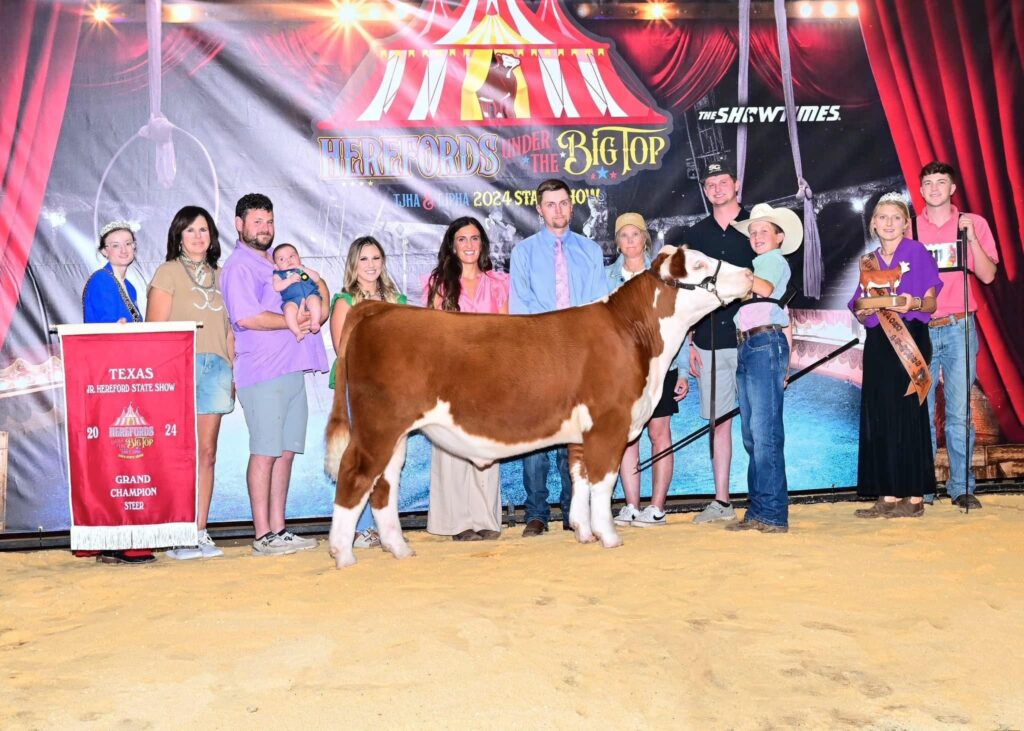
Farm & Ranch
Double M Ranch & Rescue

By Hannah Claxton, Editor
As the sun rises each day, so do the dozens of mouths that Meghan McGovern is responsible for getting fed. Rather than the sounds of a rooster crowing, McGovern hears the bellows and bleats of a variety of exotic deer, the chortle of kangaroos, the grunts of water buffaloes, and the chirps of a lemur.
Nestled against the banks of the Red River, the Double M Ranch and Rescue, with its high game fences and deer sprinkling the landscape,s its in stark contrast to the surrounding ranches.
“Having deer is kind of like eating potato chips- you can never actually have just one,” said McGovern with a laugh.
McGovern has several herds to take care of- fallow deer, axis deer, water buffalo, goats, and bison. In smaller numbers, there’s also a few kangaroos, a lemur, a potbelly pig, a pair of zebras, a watusi, and a few horses.
To read more, pick up a copy of the November edition of North Texas Farm & Ranch magazine, available digitally and in print. To subscribe by mail, call 940-872-5922.
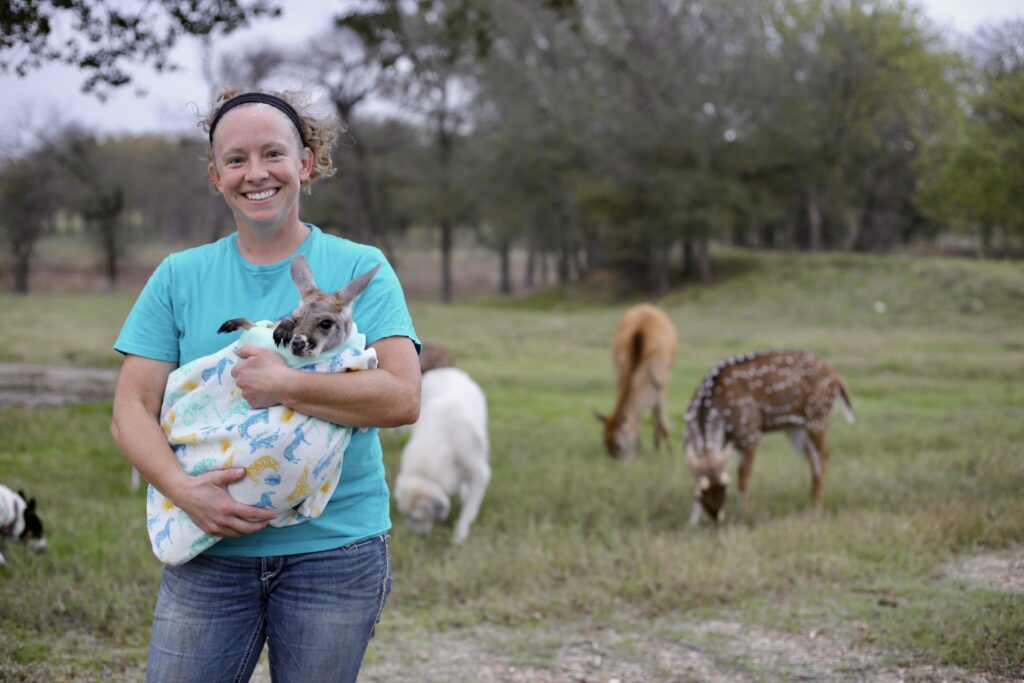
Farm & Ranch
Acorn Toxicity
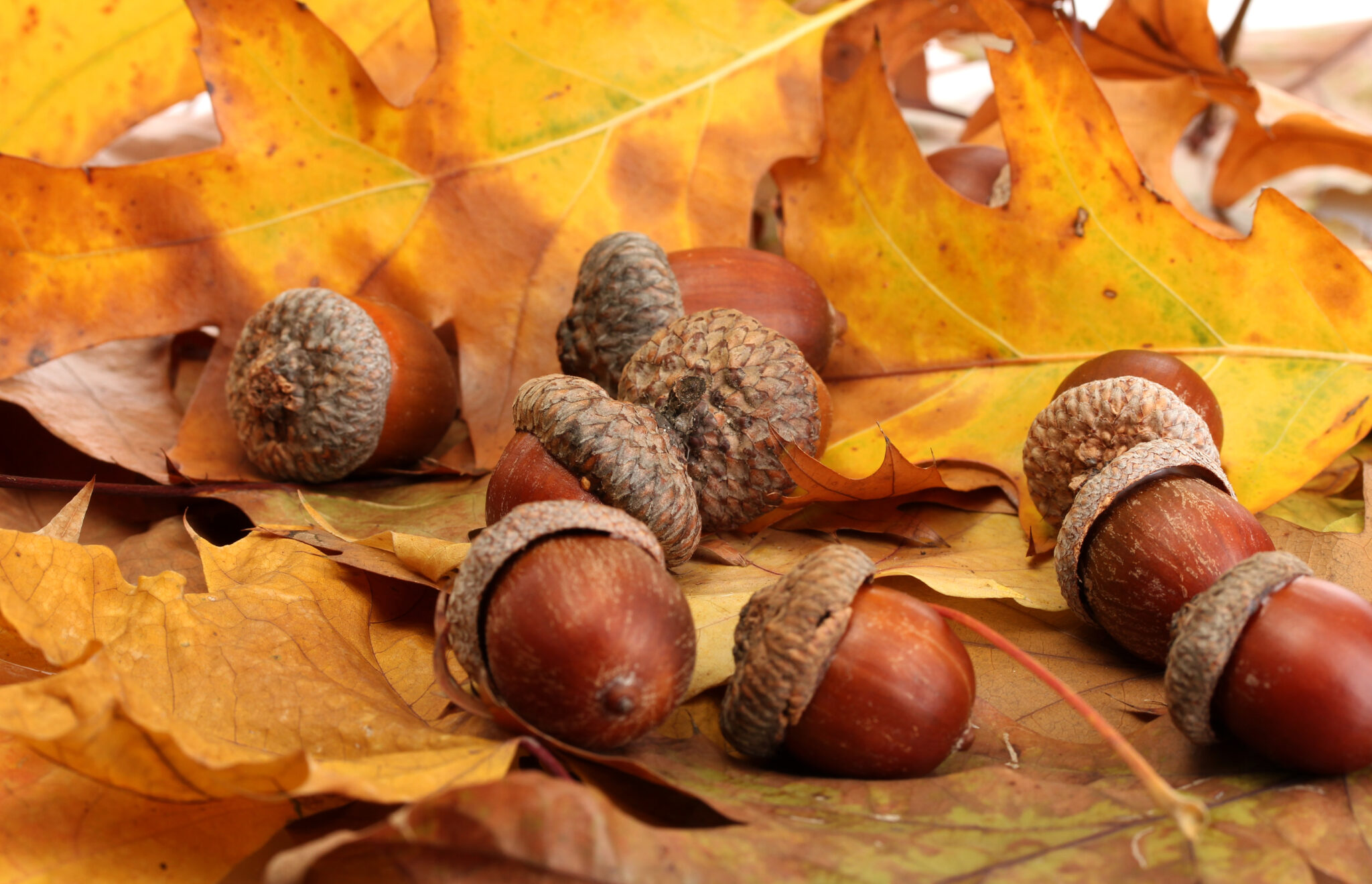
By Barry Whitworth, DVM, MPH
With the prolonged drought, most pastures in Oklahoma end up in poor condition. With the lack of available forage, animals may go in search of alternative foods.
If oak trees are in the pastures, acorns may be a favorite meal for some livestock in the fall. This may result in oak poisoning.
Oak leaves, twigs, buds, and acorns may be toxic to some animals when consumed.
To read more, pick up a copy of the November edition of North Texas Farm & Ranch magazine, available digitally and in print. To subscribe by mail, call 940-872-5922.
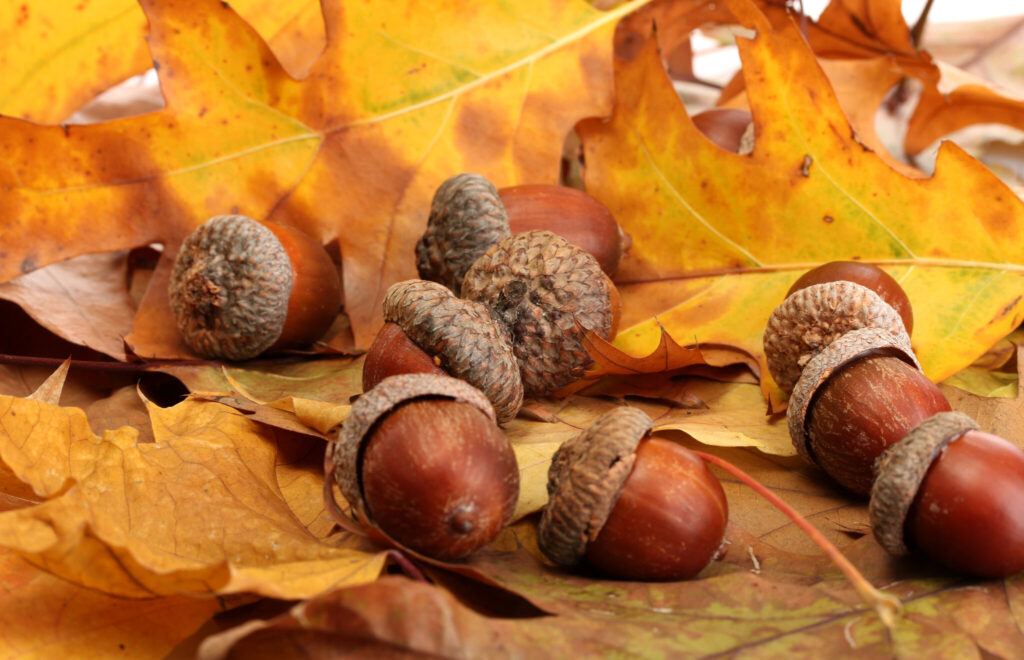
-

 Country Lifestyles2 years ago
Country Lifestyles2 years agoScott & Stacey Schumacher: A Growth Mindset
-

 Country Lifestyles8 years ago
Country Lifestyles8 years agoStyle Your Profile – What your style cowboy hat says about you and new trends in 2017
-

 HOME8 years ago
HOME8 years agoGrazing North Texas – Wilman Lovegrass
-

 Outdoor10 years ago
Outdoor10 years agoButtercup or Primrose?
-

 Country Lifestyles5 years ago
Country Lifestyles5 years agoAmber Crawford, Breakaway Roper
-

 Country Lifestyles9 years ago
Country Lifestyles9 years agoJune 2016 Profile – The man behind the mic: Bob Tallman
-

 Equine1 year ago
Equine1 year agoThe Will to Win
-

 Country Lifestyles8 years ago
Country Lifestyles8 years agoDecember 2016 Profile, Rusty Riddle – The Riddle Way




